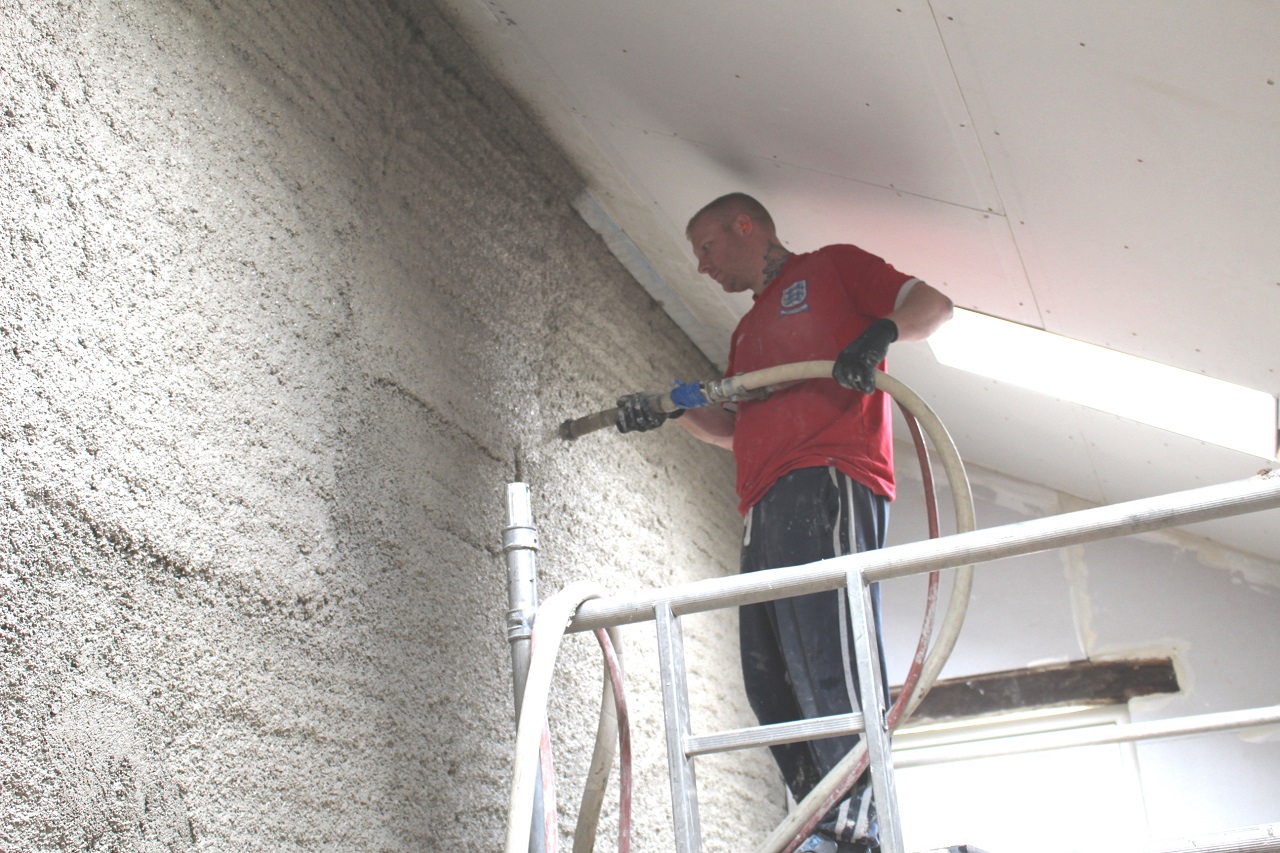We are offering evening courses especially for professionals and skilled householders involved in retrofitting existing buildings. You’ll learn about the techniques and materials to make buildings more energy efficient and weather resilient. The courses are priced at just £30, thanks to support from South Lakeland District Council and Kendal College, where all the courses will be held.
The courses are led by James Innerdale (Crosby Granger Architects). James is a highly experienced architect specialising in the repair, conservation and adaptation of historic buildings.
There are just 25 places on each course. Booking is now open.
Here’s some basic information about the courses. For full details, please click the booking links below for each course.
Course 1: First steps in Retrofitting Buildings
Ideal for:
- Trades
- Householders
Course dates:
This course consists of two evening sessions, on 29 April and 7 May, from 6pm to 9pm. Participants should attend both sessions.
Course level:
The course is at a Level 3, meaning that the content will be taught at a similar level to A level.
What the course covers:
Refurbishment and improvement of existing buildings to make them more sustainable, weather resilient, and improving energy efficiency. We’ll cover approaches to domestic and non-domestic buildings.
Full details & booking >>
Course 2: Retrofitting for Energy Efficiency – Building Fabric
Ideal for:
- Building Surveyors
- Building Control Officers
- Architects
- Other building professionals
- Academic Staff
- Heating engineers
- Property developers
- Householders who are at technical level of the professional building roles listed above.
Course dates:
This course consists of two evening sessions, on 8 and 14 May, from 6pm to 9pm. Participants should attend both sessions.
Course level:
The course is at a Level 4, meaning that the content will be taught at a similar level to a module of a university bachelor’s degree.
What the course covers:
The differences between modern construction and older buildings, how moisture behaves in the different building types and the options for thermal improvement. The main focus is on traditional (pre 1919) buildings.

